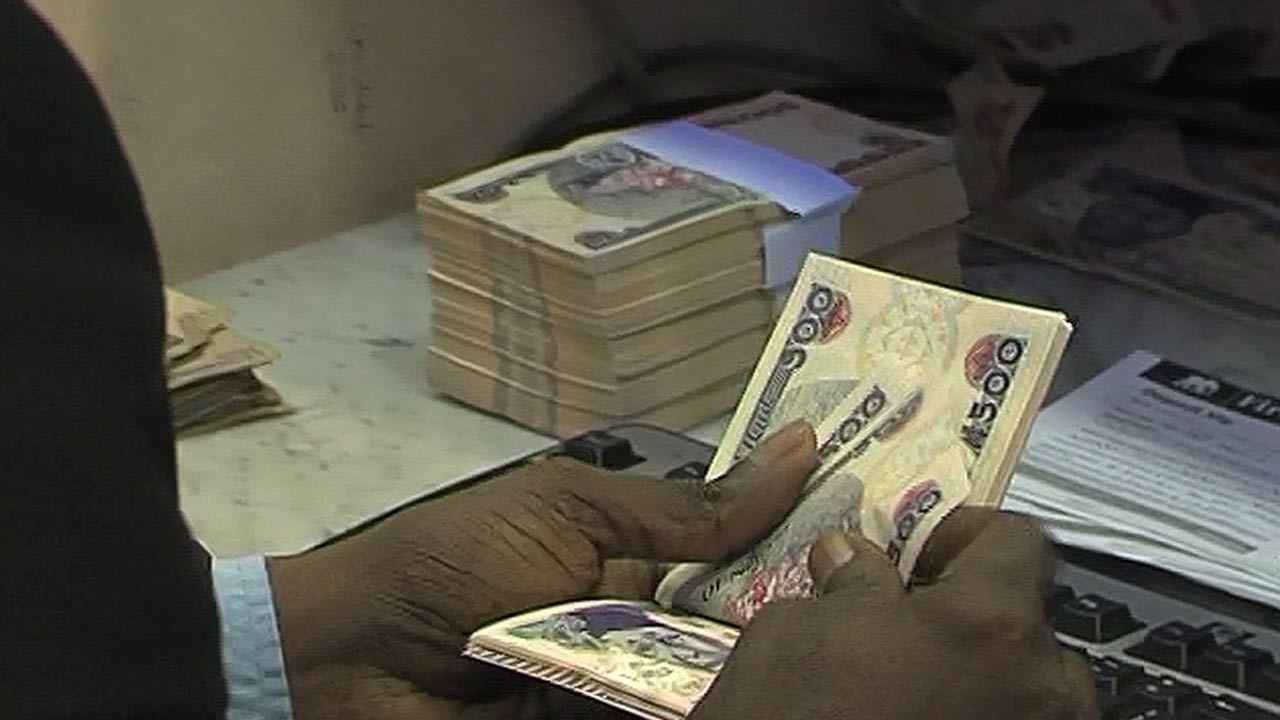Nigeria’s Money Supply Falls To N92.3tn In March
Posted by Samuel on Fri 17th May, 2024 - tori.ng
According to data from the Central Bank, Nigeria’s Money Supply has dropped marginally from N93.9tn in February to N92.3tn in March 2024.
Money supply refers to the total amount of monetary assets available in an economy. It includes various forms of money, such as cash, demand deposits, and other bank deposits that are easily convertible to cash. Economists categorize money supply into different aggregates:
M1 encompasses physical currency and demand deposits. It showed an increase during this period. M2 (Quasi Money) includes savings deposits, time deposits, and other near-money assets. Quasi-money decreased significantly. M3 Represents broader measures of money supply.
According to the latest data, the overall money supply decreased, driven by notable changes in its components. Specifically, quasi-money, which includes savings deposits, time deposits, and other near-money assets, saw a significant drop.
Conversely, narrow money (or M1), which encompasses physical currency and demand deposits, showed an increase.
Quasi Money decreased from N63.69tn to N59.8tn, indicating a shift in the types of assets held by the public, likely influenced by higher interest rates.
Demand Deposits increased from N26.8tn to N28.8tn.
Currency outside banks Increased from N3.4tn to N3.6tn as more Nigerians moved towards cash following the end of the controversial new naira note policy of the apex bank.











































